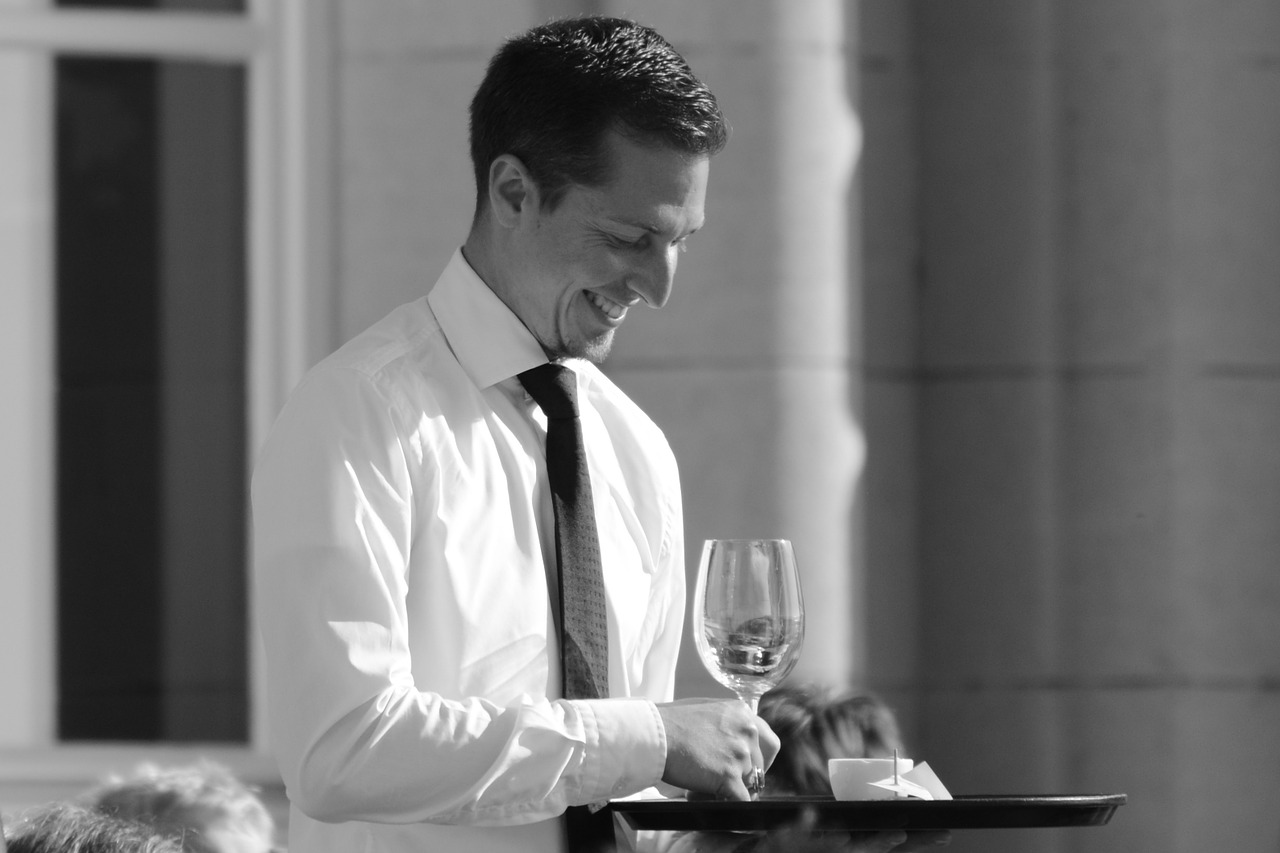Best Interview Questions to Ask Potential Candidates
/

What are the best questions to ask potential candidates in an interview? We have asked some of the best restaurant groups in the country and these are the questions that they feel give them the most insight on the person they are interviewing. Try them out, see what kind of results you get.
1. "Describe an episode in your work history involving an unhappy customer. What went wrong, and how did you handle the situation? What did you learn in the aftermath?"
This questions is designed to test the candidate's problem solving skills. It will also give you a good sense of their teamwork, diplomacy and tact.
Weaker candidates may launch into a story in which a boss or coworker let a customer down, and the candidate in question swooped in to save the day.
You are looking for candidates that tell the truth and let the interviewer know that they take responsibility for their own mistakes and they know how to learn and grow from failed projects and poor decisions.
2. "If you have to choose between cutting a corner to meet a deadline, and missing a deadline in order to attend to a detail, which do you usually choose and why?"
You are looking for a candidate that chooses the option that best fits the circumstances at the time. The candidate should explain their typical decision-making strategies so you can gain a broad sense of who they are and how they approach tricky problems.
3. "Would you describe yourself as more of a leader or more of a follower?"
You can learn a lot about a candidate from this question. Many will go for the easy answer. If they say "leader," this may suggest they don't follow instructions or work with teams very well. And if they say "follower," they sound obedient but unambitious. Either might be appropriate/inappropriate depending on position.
What you are really looking for is for the candidate to explain when you typically choose one role and when you tend to choose the other. Your will need to read between the lines and gain the information to make your decision.









